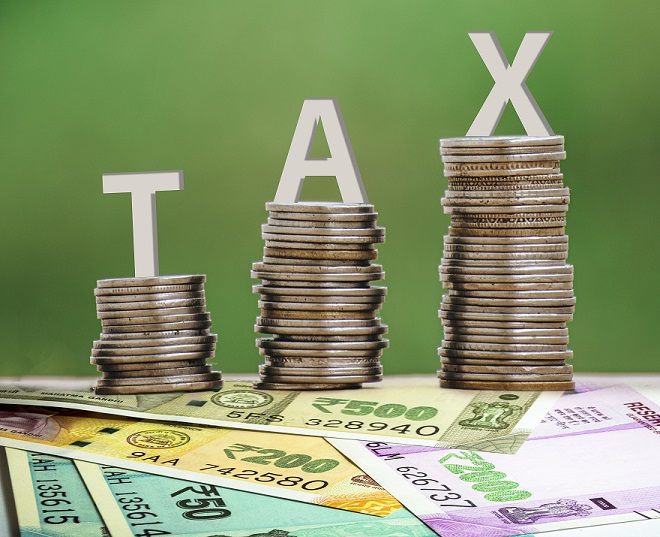Geojit’s Investment Analyst, Gibin John, helps a young couple with their financial planning. He advices them on how they can build a house in the next three years, buy a car and retire early.
Hi. I am Sneha. I am working for Metro Rail as assistant section engineer. My husband is also an engineer and he is working for a private company. I am 27 years old and my husband is 29. Our monthly income is ₹ 70,000 and ₹ 85,000 respectively. We are staying in a rented flat. Our monthly living expense is ₹ 20,000, rent ₹ 15,000. We have a car loan, the EMI is ₹ 9,000 and an educational loan with EMI ₹ 23,000. Travel expense is ₹ 10,000 per month and there is an LIC policy with half yearly premium of ₹ 5000. These are our identifiable expenses but we do not have much savings. We have a bank fixed deposit of ₹ 4.50 lakh, LIC money back policy with maturity around ₹ 3 lakh and first money back of ₹1,50,000 will fall next month and same amount in 2024 and final payment is in 2028 along with maturity amount. The outstanding car loan amount is ₹ 2 lakh and this will end after two years. Educational loan will end in July 2021.
The main intention behind writing this letter is to bring financial discipline in our life. We are planning to buy a new flat in three years and expected cost is ₹ 50 lakh. For this purpose, our parents will give ₹ 10 lakh. Also need to buy another car after completing the car loan and expected cost is ₹ 13 to ₹15 lakh. We are planning to retire at the age of 55. Also, need to create an amount to achieve goals other than mentioned here. Please give your valuable advice and suggest suitable investments.
Gibin John, a certified financial planner replies:
Firstly, I appreciate your intention to prepare a financial plan for your life. You both are at the beginning of your career and hence this decision will help you to create wealth as well as timely achievement of all goals in future. Here I am assuming that the income you have mentioned here is the net income. The total family income is ₹ 1,55,000 and the total expense is ₹ 78,000. That is, only 50% of the income is getting utilized for meeting living expenses and other commitments. Balance ₹ 77,000 is available for creating corpus. But as you mentioned in the letter you could not create investments by using this surplus amount. The one and only reason for this is lack of discipline in financial matters. The surplus may not be getting utilized properly.
Prior to planning for your goals, you have to create a contingency fund for meeting any emergency situation in life. For this purpose, you may earmark existing fixed deposit of ₹4.5 Lakh. This amount will be sufficient to meet expenses and obligations for 6 months.
Your immediate aim is to buy a new flat in three years. The expected cost for this goal is ₹ 50 lakh. Your parents will help you by giving ₹ 10 lakh for fulfilling your dream and the balance amount of ₹ 40 lakh you have to create in three years. It is difficult to make this amount in short period by using you existing surplus. So you need to take a home loan to fill the shortages. This is a short-term goal and hence you should not take much risk in your investments. So you have to invest the amount in investments that are less risky, like highly rated debt mutual funds or recurring deposits. Assuming these investments fetch 5.50% return and you invest ₹ 38,500 per month then you can create an amount of ₹ 15 lakh in three years. Then the total down payment amount in your hand will be ₹ 25 lakh. For balance ₹ 25 lakh you may take a home loan for fifteen years and the monthly EMI for this loan will be around ₹ 25,000. The repayment amount can be utilize for availing for tax deduction.
Your next goal is buying a new car after three years and the expected cost is ₹ 13 lakh to ₹ 15 lakh. Here we may target ₹ 13 lakh. This goal also a short-term nature so you may invest ₹ 28,000 in highly rated debt mutual fund or recurring deposit and create a corpus around ₹ 11 lakh. The balance amount you may be able to get from the sale of your existing car.
Another main goal is retirement plan. For maintaining the existing standard of living even after the retirement, you have to accumulate a decent corpus. The current living expense of ₹ 25,000 would become ₹ 1,13,735 at the age of 55, if the expense is inflated at the rate of 6%. For getting this inflation adjusted amount till the age of 80, you have to create a corpus of ₹ 1,83,57,256. For accumulating this amount within next 26 years you need to invest ₹ 13,500 per month in equity oriented mutual funds and the expected average rate of return is 10%. If your tax saving investments under the section 80C has not covered ₹ 1,50,000 then you may invest the amount for this goal in ELSS category mutual fund.
You have not mentioned about health insurance and life insurance in your letter. You have to take health insurance coverage of minimum ₹ 5 lakh. If your company is providing this coverage then that will be enough otherwise you should purchase a health insurance policy. You both are working and there are no dependents currently. So, there is no need to take life insurance now. Later when there is a change in the dependent status, you both might require term insurance of ₹ 50 lakh each. However, if you take term insurance now itself, the premium will be less considering your age.
Above proposals are based on your existing surplus amount. Once the loan repayment or home and car purchase is over, you will have sufficient surplus to invest towards any other goal in future or invest towards creating wealth. Hope you will review your investments and plan every 6 months to check the progress.










